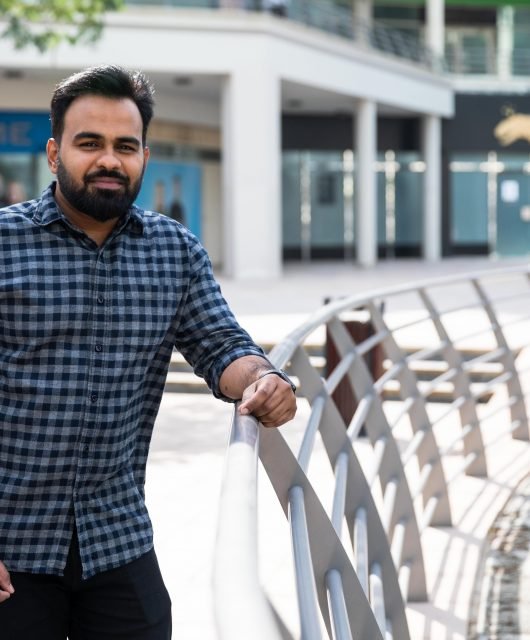Is Your ‘Brand’ Ready For The ‘Future’?
Does your brand have the accelerated speed required to capture both short term and long term business goals? Does your brand vision see beyond the midterm plans into the future? Is your organisation working to ensure the success of your brand in the new world of AI, mobility, connected tech, and autonomous drive? These questions make brand vision and future brand strategy even more pertinent today than they were ever before.
Brands need to keep revisiting their positioning to stay differentiated. The world around us is changing faster than we think, and brands need to keep pace with these changing times. To ensure brands do not miss the customer pulse, changes are required in the way a business goes to market. It is vital to break all silos within the organisation, be more agile, and refocus on brand. According to Interbrand, Brands who enhanced the role of brand over past five years achieved 2.4 times more brand value growth rate than brands whose role of brand didn’t increase.
Future Customer: Brands need to focus on fulfilling the aspirations of the future customers. The desires and aspirations of Gen Z customers are different from Millennial or Gen X. If your brand does not have a customer strategy and has not figured out what type of relationship it wants to have with Gen Z in the next 10 years, chances are, it’s already late.
Brands need to understand what does Gen Z customers value and believe in; BMW is working on changing ‘Joy of Driving’ to ‘Joy of Individual Mobility’ for the next gen customers. From Joy of Driving to Joy of Mobility, the brand’s messaging and offering’s change completely. It is critical to understand how the future customers think and react. It is accentuated if a brand is in automotive industry where the time from Concept to Market is five to ten years for any product.
Future offerings: In a relatively tough market situation where markets are emanating limited signs of boom. Brand need to have both a microscopic and a telescopic view to be successful. GenZers, 22 year olds and younger, will be 40% of the buying population in 2020. Gucci developed designs and adopted ways which were closer to the Gen Z customers through its “Shadow Committee” and grew 30% year on year. Brands cannot wait for the age old traditional research to see what brand offerings should they have and which ones be shelved.
A Brand offering needs to evolve beyond products, new age customers believe more in access than in ownership, thus new models like subscription are becoming prevalent. Netflix has been able to demonstrate how a subscription model can be successful by increasing its brand value 45% over the previous year. Even premium auto brands like Porsche launched, Porsche Passport, subscription service in the US. Brands need to devise the ownership to access journey taking bold decisions.
Future Technology: Brands can be truly customer-centric and deliver immersive, personalized experiences using AI. Brands need to evaluate how to utilize AI coupled with data intelligence to create and to deliver experiences that connect with the customers. With the explosion of voice- enabled devices across the world such as Alexa, Google Assistant and Siri, brands need to rethink how they can build experiences with voice as a touch point. Emirates NBD’s virtual voice assistant EVA is a good example of enhancing customer experience through AI and technology. Tesla can repair a car remotely without bringing it to the store, which is a big customer benefit and convenience with Tesla’s mobile service technicians.
Future Sustainability: Brands need to invest in sustainable business practices to attract environment-conscious customers. Brands need to have a vision of sustainable business to solve a social problem, this will create more affinity especially from the Gen Z customers. It is vital not only to have a low ecological footprint for your business, but also invest in future products and services which help save environment and conserving natural resources.
Nissan is driven by #ZeroEmissions and #ZeroFatility and these goals show its commitment towards a safer and a greener tomorrow. TBWA and Nestle developed a low carbon footprint home in Helsinki to attract attention from Airbnb to invest or offer more sustainable options on its platform.
To summarize, the world will continue to evolve at an unprecedented pace empowered by technology. Management leaders need to focus on galvanizing the organisation to bring the transformation required that can act as a springboard to achieve both short term and long term goals. Role of Brands is going to further increase in the coming years, and brands should invest in building a stronger brand with a customer-centric approach. Brands need to re-position themselves to create a unique space, driven by emotions, and enabled by technology.





